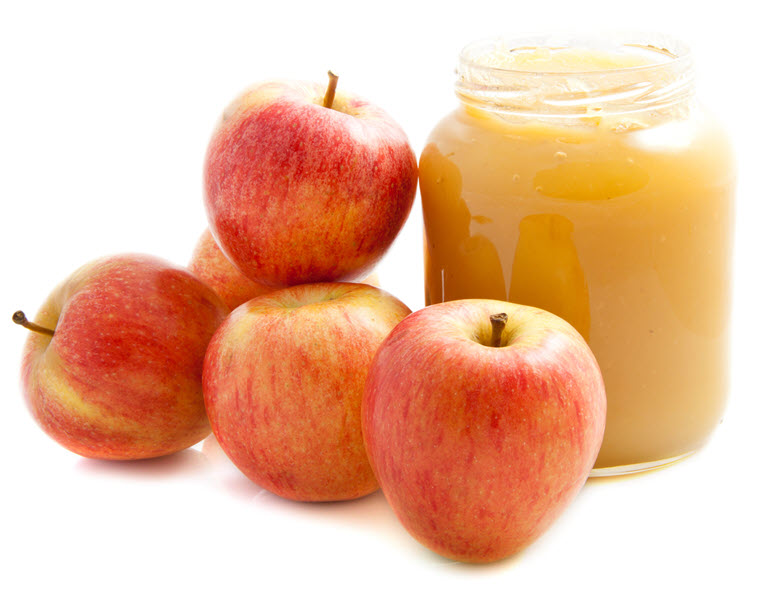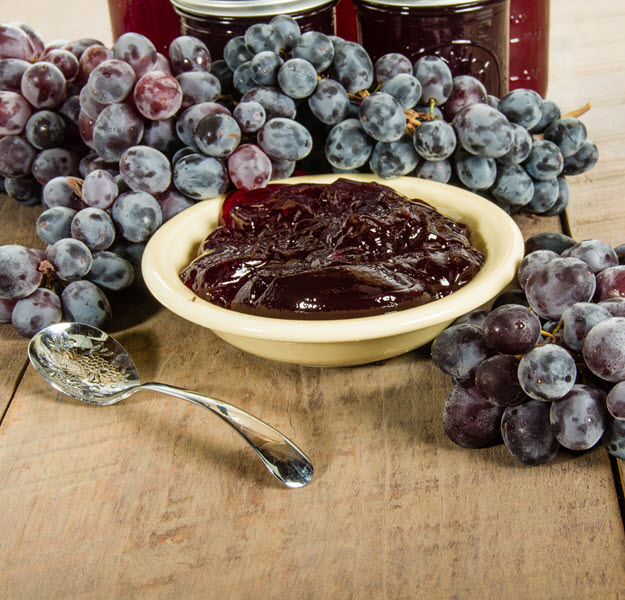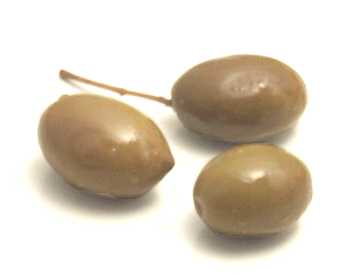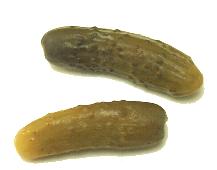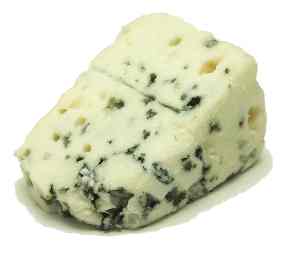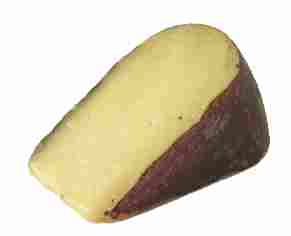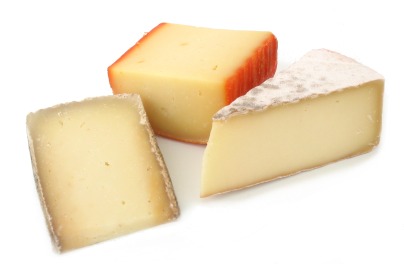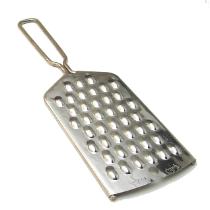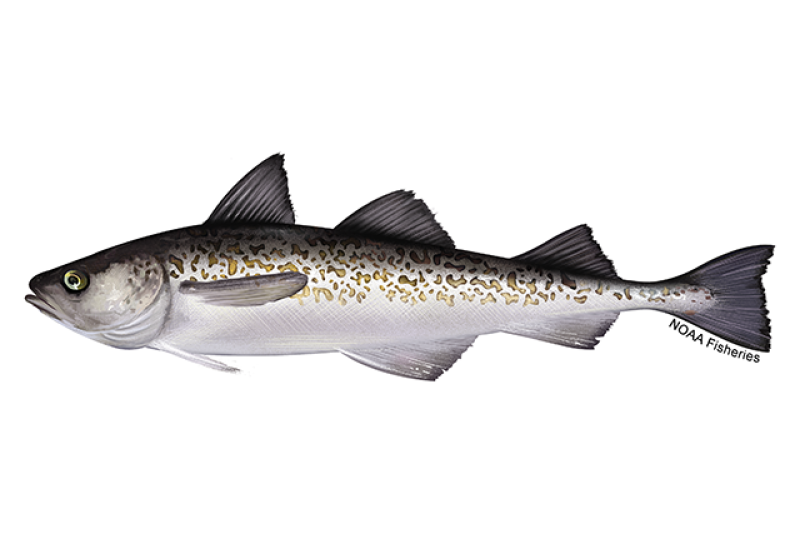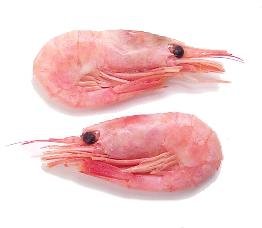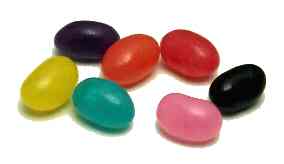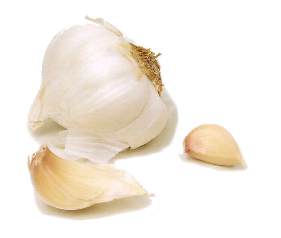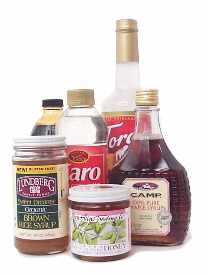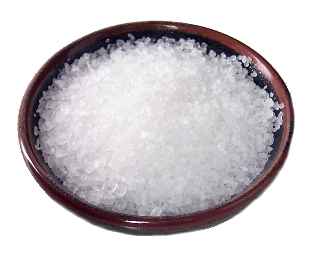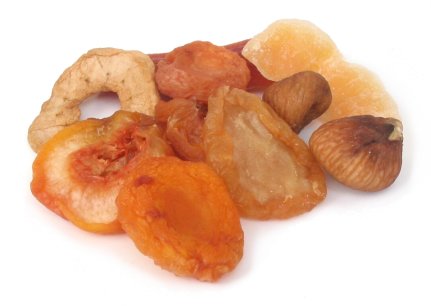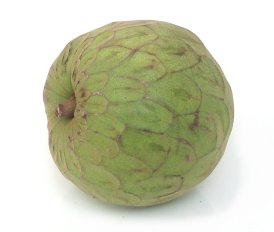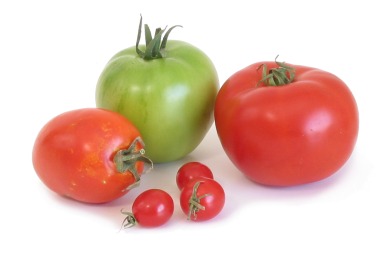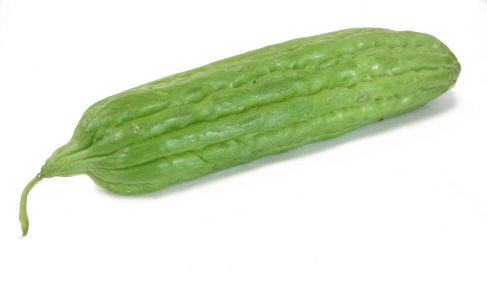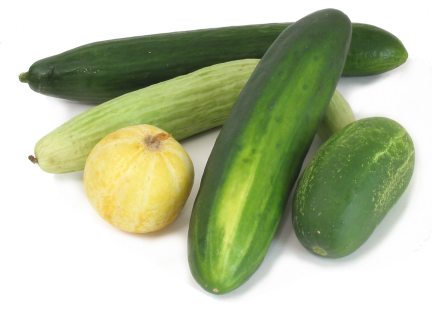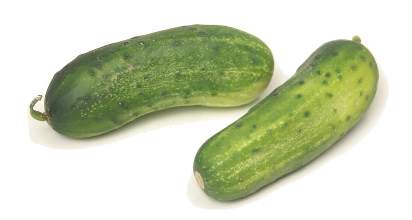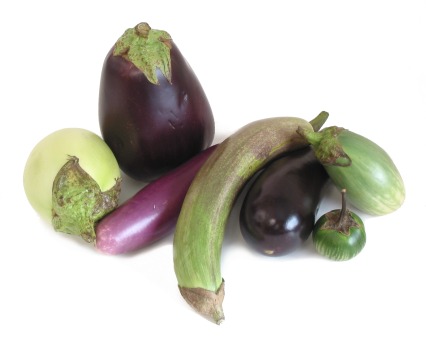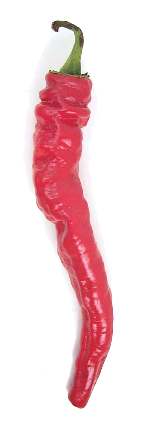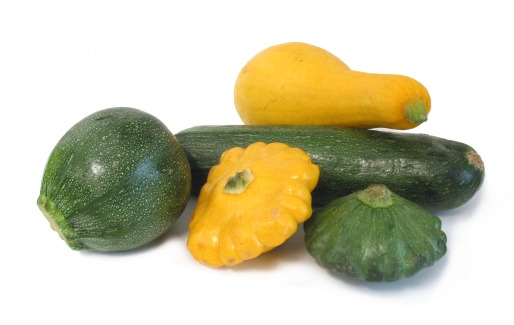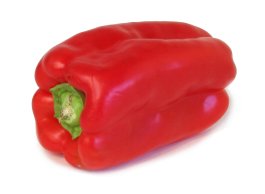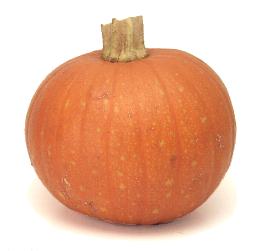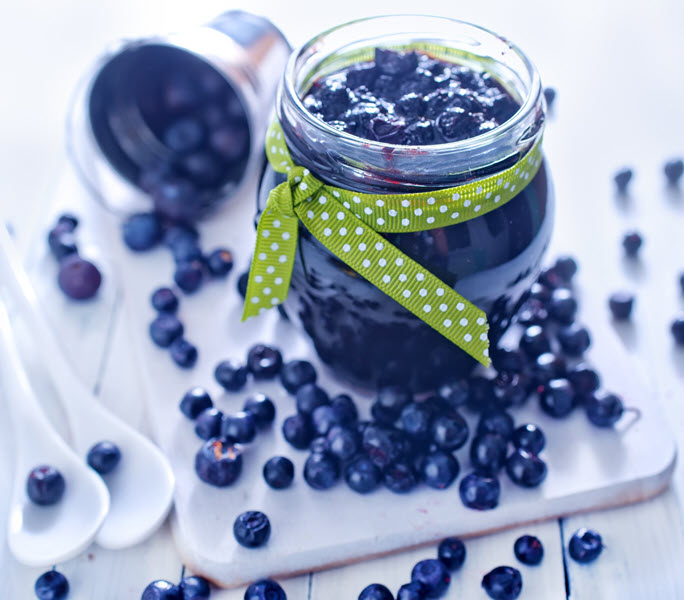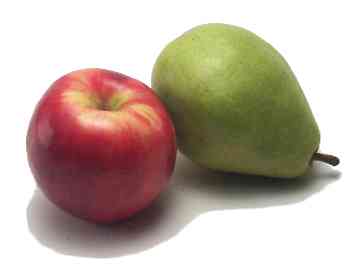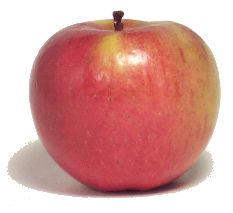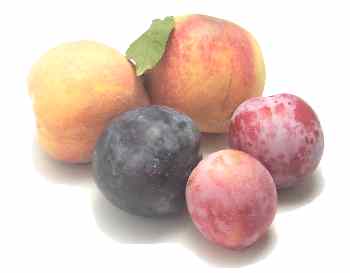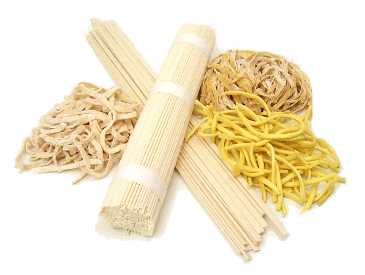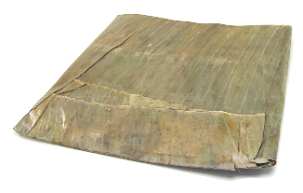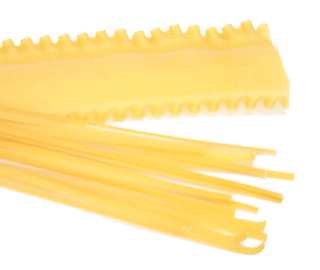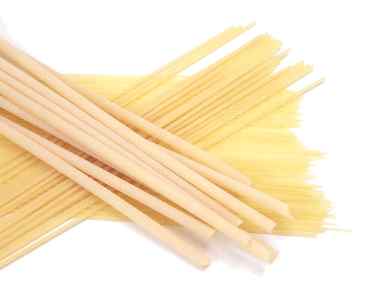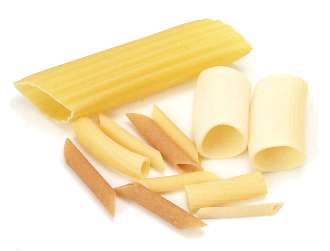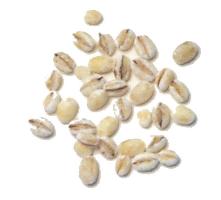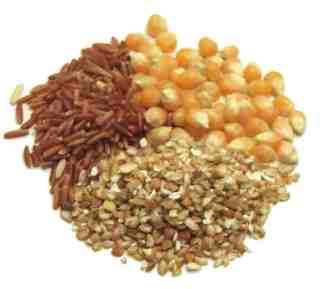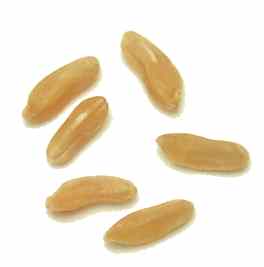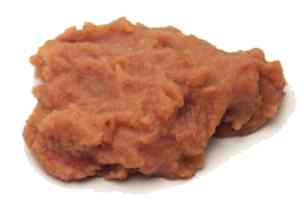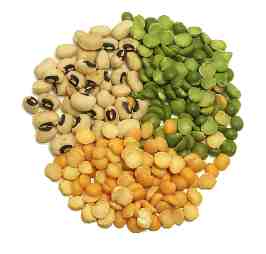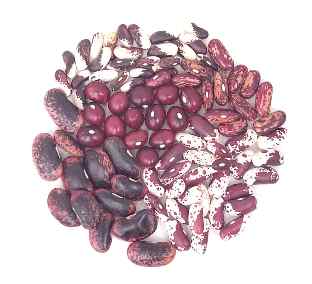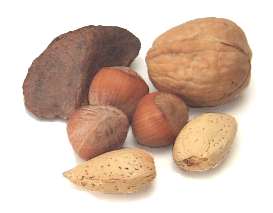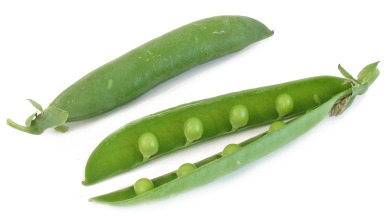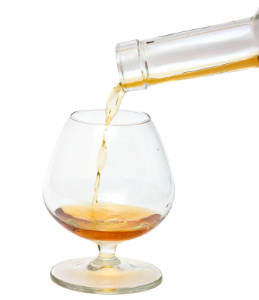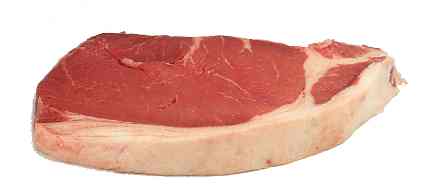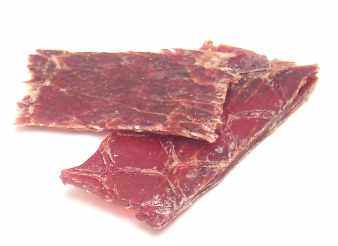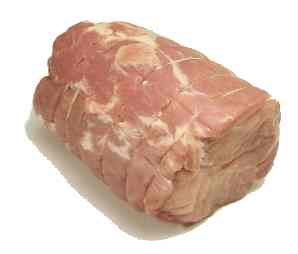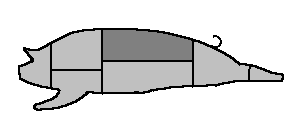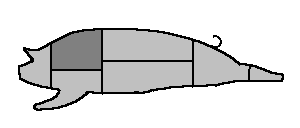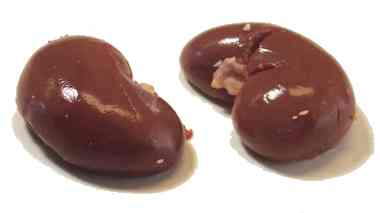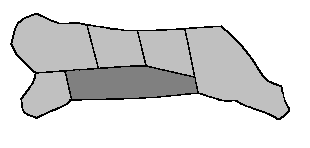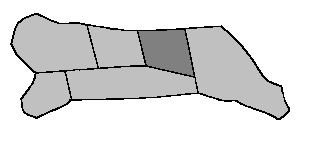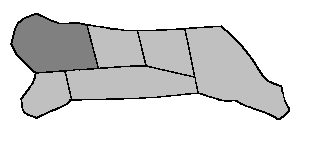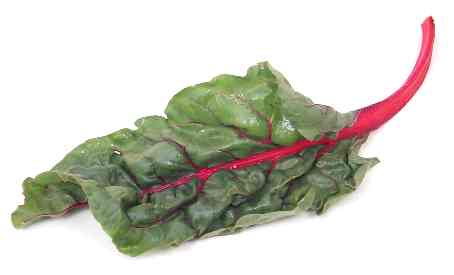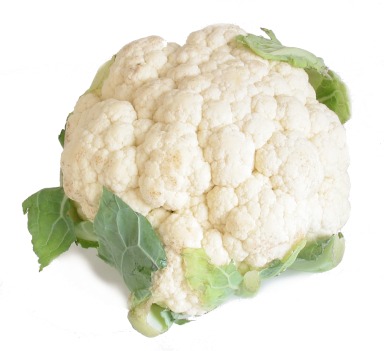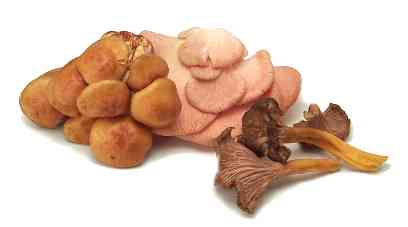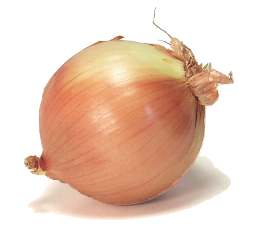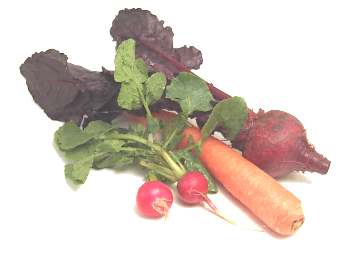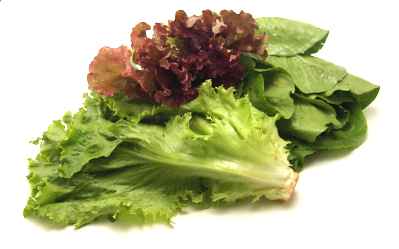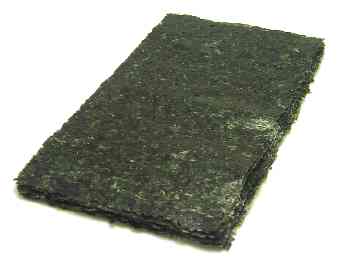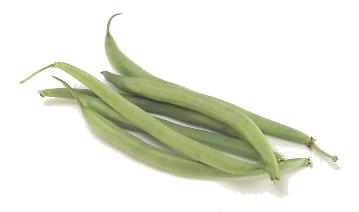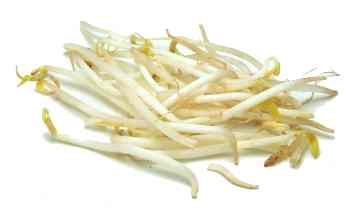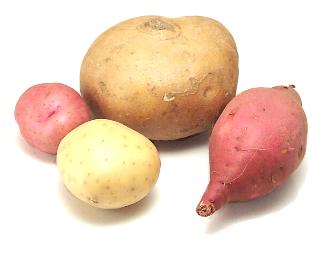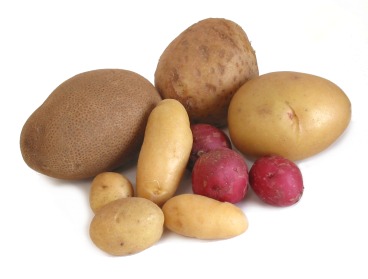All Ingredients
casaba melon
These aren't as flavorful as other melons, but they have a fairly long shelf life. Since they have thick rinds, it's useless to smell them as a test for ripeness. Look instead at the color (it should be bright yellow), and then check to see if the blossom end yields to gentle pressure.
Learn morecasarecce
Casarecci means "homemade" in Italian, and these short lengths of rolled and twisted Italian pasta are great at trapping sauces.
Learn morecascabel pepper - dried
These are nicknamed rattle chiles because the seeds rattle when you shake them. They're a rich brown color and moderately hot.
Learn moreCashel Bleu
This creamy yet crumbly cow's milk blue cheese from Ireland has a tangy but mellow flavor. It's cheaper than Stilton but not quite as good.
Learn morecashew
These rich, sweet nuts have a toxic shell, so they're almost always sold shelled. Toast them briefly in the oven to boost their flavor.
Learn morecashew apple
This Brazilian fruit looks like a squishy apple with an odd-looking stem growing out of it. According to botanists, though, the grayish "stem" is actually the fruit, and it encloses the kidney-shaped cashew nut that we're familiar with. The cashew apple is the yellowish-orange part that's attached to the fruit. This fruit is juicy but somewhat astringent due to a high concentration of tannin. Be careful of the grayish substance that encloses the nut. It contains toxic oils.
Learn morecashew butter
This is an interesting alternative to peanut butter, though it's a bit pricey.
Learn morecassava
People in Hispanic countries use cassavas much like Americans use potatoes. There's both a sweet and a bitter variety of cassava. The sweet one can be eaten raw, but the bitter one requires cooking to destroy the harmful prussic acid it contains. It's often best to buy frozen cassava, since the fresh kind is hard to peel. Look for it in Hispanic markets. It doesn't store well, so use it within a day or two of purchase.
Learn morecassava flour
Brazilians use this as a thickener for stews. Look for it in Hispanic markets.
Learn morecassia cinnamon
Most of the cinnamon that's sold in America is cassia, which is cheaper and more bitter than the choice Ceylon cinnamon.
Learn morecasu martzu
Casu martzu means "rotten cheese" in Sardinian. It contains live maggots. Seriously. The cheese has been outlawed by the European Union and the United States, since the maggots can enter the intestines and lead to serious health problems.
Learn moreCatarina chili dried
This medium-hot Mexican chili is used to make tamales, marinades, stews and soups. It's got a fruity flavor with just a hint of tobacco.
Learn morecaul fat
Look for this in the meat sections of Asian, French, and Italian markets. Caul fat from pork is considered superior to caul fat from lamb.
Learn morecauliflower
Cauliflower florets often wind up in soups, or as a side dish smothered with a cheese sauce, or served raw on a crudité platter. Select heads that are heavy for their size.
Learn morecauliflower mushroom
These are very flavorful, but a bit chewy. They're good fried, or in soups or stews. Select small, young-looking heads.
Learn morecavatelli
Cavatelli has two meanings. It usually refers to small pasta shells that resemble tiny hot dog buns and are often served with thick, chunky sauces or in pasta salads. The name is less commonly used for a type of dumpling made with ricotta cheese.
Learn morecaviar
Over-fishing in the Caspian Sea has greatly depleted sturgeon populations. Please consider using roe from more abundant species until the Caspian Sea sturgeon populations can recover. Caviar is known for its subtle, buttery flavor, sensuous texture, and high price. It should always be served cold. Just as diamonds are rated according to the four Cs, caviar can be evaluated by the three Fs--flavor, firmness, and freshness. The flavor of caviar depends on the sturgeon's species and habitat, and is variously described as buttery, nutty, sweet, fruity, earthy, briny, and even herbaceous. The firmness of each egg determines how the eggs burst when you squeeze them against the roof of your mouth with your tongue. Fresh caviar is considered much better than the pasteurized version. Varieties: (from highest to lowest price) imperial caviar, beluga caviar, ossetra caviar, and sevruga caviar. Imperial caviar is the rarest and most expensive. Beluga caviar is soft, and almost melts in your mouth. Ossetra and sevruga caviars are relatively firm, and will pop when gently squeezed. Within these categories, malossol, or lightly salted caviar, is of higher quality than pressed caviar = payusnaya. If substituting an inferior caviar, consider perking it up with a splash of fresh lemon juice. Equivalents: 2 tablespoons = 1 ounce Fresh caviar lasts just over a year if properly stored, though its shelf-life can be extended with heavy salting. Experts claim that some of the fresh caviar that's being sold at bargain prices over the Internet is well past its prime. The color and size of the eggs--called the bead--can help you (and your guests) identify the different varieties of caviar.
Learn morecayenne pepper - fresh
These are often used in Cajun recipes. Green cayennes appear in the summer, while hotter red cayennes come out in the fall. They are very hot.
Learn morecayenne pepper - ground
Dried cayenne peppers are sold either whole, crushed (called red pepper flakes), or ground into a powder called cayenne pepper. Cayenne pepper is fairly hot and has a smoky flavor.
Learn morecayenne pepper dried
These are very hot, bright red chilies. Recipes that call for cayenne pepper are likely referring to a ground powder that goes by the same name, or possibly to the fresh version of the pepper.
Learn moreceleriac
This underrated vegetable is a relative of celery that's been developed for its root, which has a pleasant celery flavor. It's popular in France and Northern Europe, where it's usually peeled and cooked in stews or grated and served raw. Many large supermarkets carry celeriac; select smallish roots that are heavy for their size.
Learn morecelery
Raw celery is flavorful and wonderfully crunchy, and it's a great vehicle for dips or fillings like peanut butter or cream cheese. Celery can also be sautéed and used to flavor soups, stews, and sauces. A bunch or stalk of celery consists of a dozen or so individual ribs, with the tender innermost ribs called the celery heart.
Learn morecelery seed
Celery seed is used to impart a celery flavor to stews, pickles, and other dishes. Use it sparingly--a little goes a long way. Ground celery seed is sometimes called celery powder.
Learn moreceltuce
This is a kind of lettuce that's grown for its stalk, which can be peeled, sliced, and stir-fried. Look for it in Asian markets.
Learn moreCerignola olives
These sweet Italian olives are large enough to stuff. Black Cerignolas are softer than green Cerignolas.
Learn morecervelat
This Swiss sausage is made of beef, bacon, pork rind, and rice. It's similar to summer sausage.
Learn more













